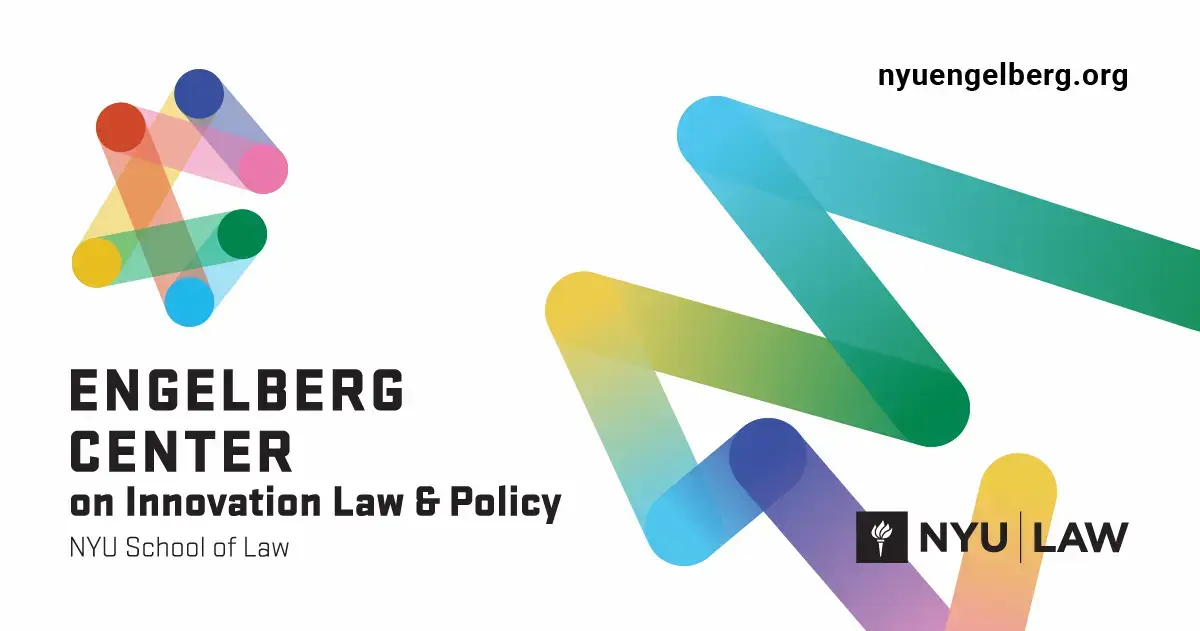- cross-posted to:
- technews@radiation.party
- cross-posted to:
- technews@radiation.party
this is a very lengthy piece but quite interesting. from the introduction:
Something happened when we shifted to digital formats that created a loss of rights for readers. Pulling back the curtain on the evolution of ebooks offers some clarity to how the shift to digital left ownership behind in the analog world.
While most publishers still sell physical books, when it comes to ebooks, the vast majority appear to have made a collective decision to shift to offering only limited licenses. Some of the reasons for this shift are economic, some legal, some technological, and others psychological – a belief that limiting or eliminating digital ownership of books will raise publisher revenues, forstall free copies leaking onto unauthorized websites, and allow publishers and platforms unprecedented control and tracking of the behaviors of readers, as well as universities and libraries that provide ebooks. Whether these beliefs map to reality, however, is hotly contested.
and the broad conclusions here:
Our study leads us to several key conclusions:
- By turning to platforms as the primary technical means for conveying ebooks, publishers have introduced a third major player into the ebook supply chain: ebook platform companies. Together with publishers, platforms have restricted the ebook market to one composed primarily of licensing instead of sales.
- The platform companies have motives and goals that are independent of those of publishers or purchasers (including institutional buyers such as libraries and schools). Rather than looking to profit from individual sales, like a bookstore does, platforms compete to collect and control the most aggregate content and consumer data. This enables what are now widely known as “surveillance capitalism” revenue models, from data brokering to personalized ad targeting to the use of content lock-in subscription models.3 These platforms’ goals are sometimes at odds with the interests of libraries and readers.
- The introduction of platforms, and especially publisher-platform partnerships, has created new forms of legal and technological lock-in on the publisher side, with dependencies on platform infrastructure posing serious barriers to publishers independently selling ebooks directly to consumers. Platforms have few incentives to support direct sales models that do not require licensing, as those models do not easily support tracking user behavior.
- The structure of the ebook marketplace has introduced new stressors into both the publishing and library professions. Publishers and libraries feel they are facing existential crises/collapse, and their fears are pushing them into diametrically opposed viewpoints. Publishers feel pressured to protect and paywall their content, while libraries feel pressure to maintain relevant collections that are easily accessible via digital networks. Both libraries and publishers feel dependent on the ebook platform companies to provide the ebooks that readers demand, allowing the platform economy (which is already dominated by only a few large companies) to have even more power over the ebook marketplace.
- Because of the predominance of the publisher-platform licensing model for the ebook marketplace, important questions exist as to the impact, if any, that digital library lending of books has on that market. For example, while some evidence exists that the availability of second-hand physical books via libraries and used bookstores might compete with direct publisher book sales, it is less clear that the digital loan of a single title by a library competes with platform ebook subscriptions and locked-in book purchases. Moreover, given that publisher-platform partnerships profit from surveillance of book buyers, consumers who choose more privacy-friendly library loans may represent an entirely distinct market that places significant value on data protection.
- While access to user data generated by platform surveillance of readers is a potential benefit to publishers, in practice publishers do not fully exploit (and may not have full access to) that information.



My main issue with ebooks is not being able to sell them. I prefer them to physical books when reading, but once I’m done with a book, i don’t think I’ll ever read it again so I’d rather sell it to recoup the cost.
I agree. A digital file is written to disk yet has no second hand value because of the nature of replication. Your books have value after you’ve read them because it’s not easily replicated and has more value beyond its basic consumption. It can be collected, displayed, traded, burned… It has all sorts of intrinsic value beyond the words on the page.
It’s as if the printing of the media to a physical device in the end provides you a solid copy but not the rights to the work contained inside of it. You’re not allowed to modify and distribute those works as that violates copyright.
I feel like the individual ownership of physical media actually protected copyright and now in the digital era, the lack of ownership is subverting its own purpose. We as a people never understood or acknowledged the implicit agreement that came with the acquisition of our books and DVDs. We ignore all the legal messaging and even made fun of it. We laughed when we realized “How could they ever enforce this?!” And so we didn’t care.
Now here we are, learning in real time how it will be enforced.